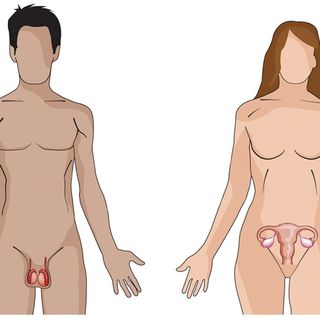Kangaroo care has been a childbirth buzzword in recent years, and for good reason — the benefits of skin-to-skin care for newborns includes helping babies breathe easier, regulate their body temperature and conserve energy. And, in the case of prematurely born babies, kangaroo care can literally save lives.
But new research presented at the recent annual conference of the Association for Professionals in Infection Control and Epidemiology (APIC) suggests it can have a downside if improperly implemented: Analyzing its instances of skin-to-skin care of babies in 2016, a Michigan children’s hospital found a correlating spike in Staphylococcus aureus (SA) infections among newborns.
The changes that the hospital introduced in light of its findings strongly suggest that the practice of kangaroo care immediately after birth was the source of babies’ infection. By increasing awareness of hand hygiene, mandating education about staph for all small-baby unit hospital staff, and implementing parent skin cleansing prior to skin-to-skin care, in a single year, the hospital reduced the number of staph infections in newborns from 59 in 2016 to 20.
These findings is especially timely, given recent insight into the profoundly negative effects of antibiotics on infants in utero and after birth.
“We know that skin-to-skin care and meaningful touch are good for the baby, but the increase in infections showed how this type of care giving can carry a risk,” said Gwen Westerling, BSN, RN, CIC, the study’s lead author and infection preventionist at Spectrum Health Helen DeVos Children’s Hospital. “The results demonstrate that interventions even as simple as cleaning the skin prior to care can drastically improve infection rates.”




